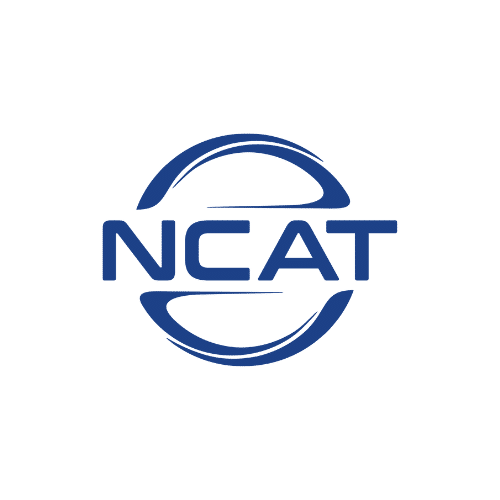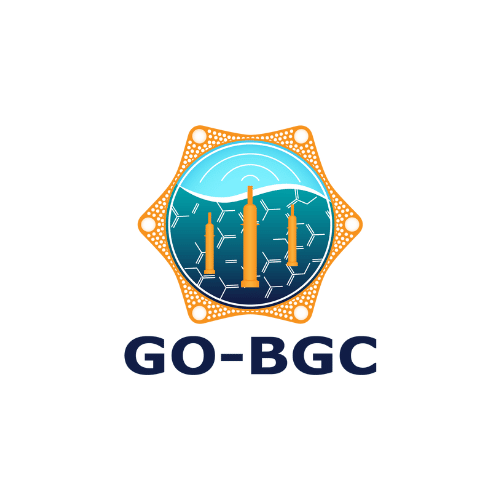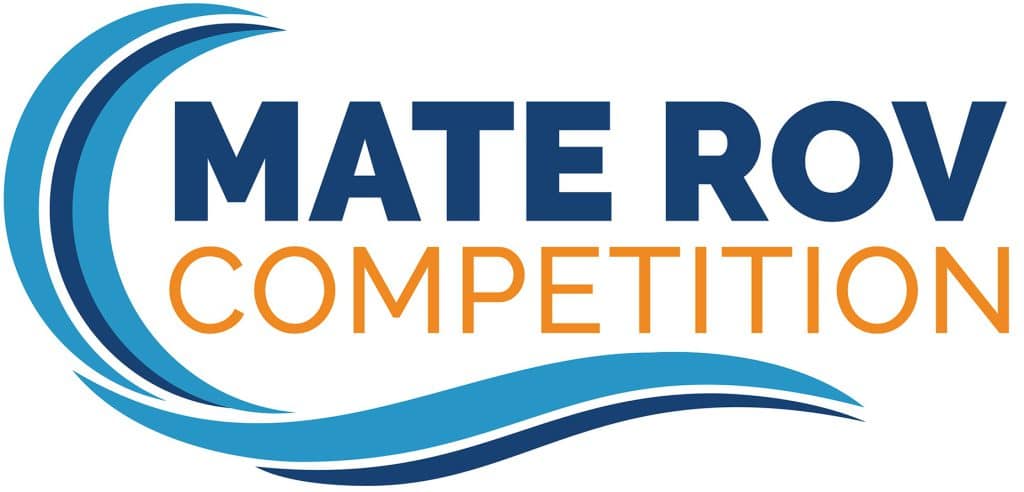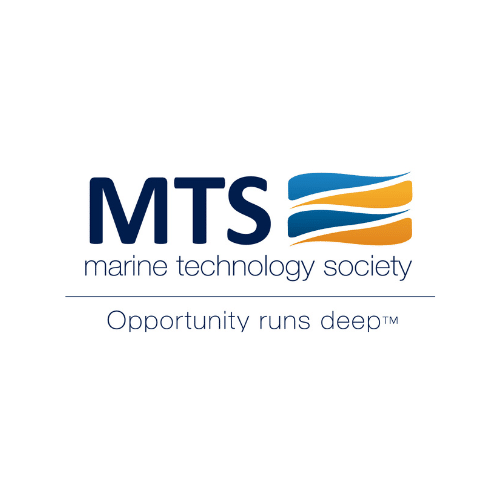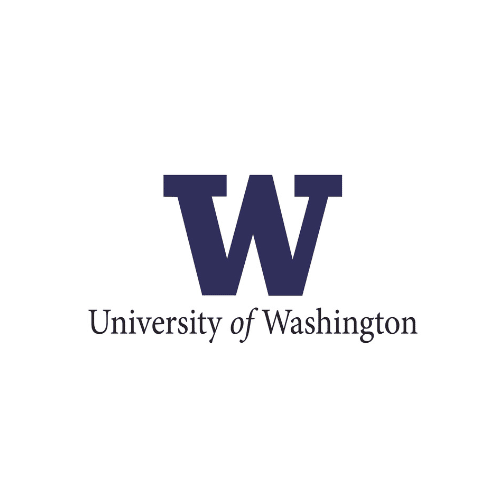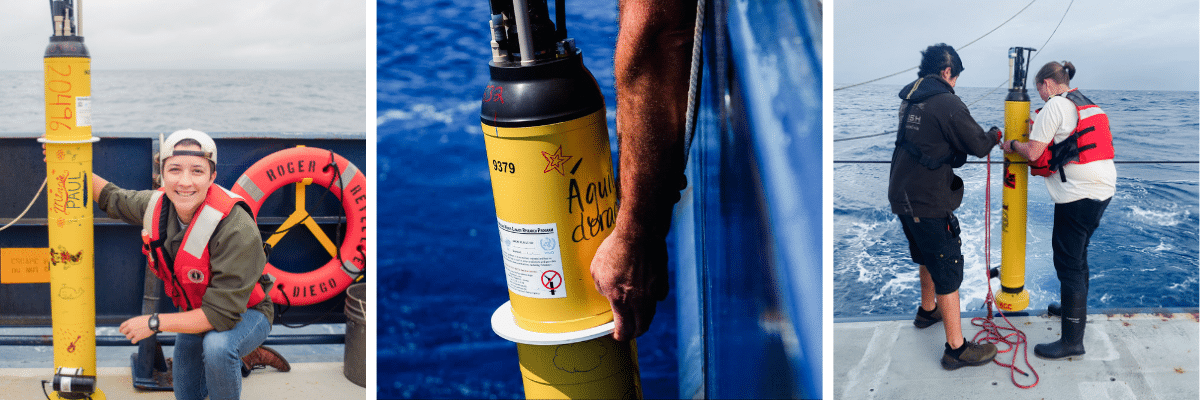

NCAT and its maritime partners are offering a Marine Technology Summer Workshop experience for undergraduate and high school students. This 5-day workshop is being hosted at the University of Washington (UW) and will focus on Global Ocean Biogeochemical (GO-BGC) float technology.
MATE FLOATS! - Marine Technology Workshop is taught by UW School of Oceanography Float Engineer Rick Rupan with assistance of Dr. Sasha Seroy from UW undergraduate students. During this workshop, students will have the opportunity to sail on board the UW R/V Rachel Carson. A detailed workshop schedule with activities and learning objectives will be provided later this spring.
Who
The target audience is students attending two-year community and technical colleges in the U.S., but four-year university students and high school seniors are welcome to apply. Special consideration will be given to students who effectively demonstrate how they contribute to the diversity of the cohort of workshop participants.
When
August 5-9, 2024
Where
University of Washington
Seattle, WA 98195 | USA
Link to Google Maps location information.
Why
The goal of the MATE FLOATS! Summer Workshop is to provide students with:
1 ) the opportunity to learn about and experience marine technologies first-hand and
2 ) to develop and build upon the skills they will need for success in the technical workplace.
Priority screening will begin April 1, 2024, but applications will be accepted and considered up until May 1, 2024.
Click here to apply!
There will be minimal costs to the participants. Student travel, housing on the UW campus, and most meals are being covered by NCAT. Ship time on board the R/V Rachel Carson is being covered by the GO-BGC project.
National Center for Autonomous Technologies
NCAT is funded through the National Science Foundation Advanced Technological Education program. NCAT leads the education of the nation's Autonomous Technologies workforce through a concerted effort which focuses on expanding educational resources, developing career pathways, and engaging with stakeholders from education, industry, and government.
Global Ocean Biogeochemistry Array
GO-BGC is funded by the US National Science Foundation to build a global network of chemical and biological sensors that will monitor ocean health. Through this grant, scientists build and deploy 500 robotic ocean-monitoring floats around the globe as part of NSF's Min-scale Research Infrastructure-2 program.
Marine Technology Society
The Marine Technology Society promotes awareness, understanding, and the advancement and application of marine technology. Incorporated in 1963, the international society brings together business, institutions, professionals, academics, and students who are ocean engineers, technologists, policy makers, and educators.
University of Washington
The University of Washington's College of the Environment bridges the divide between scientific disciplines, stakeholders and societies, policymakers and the public. By connecting some of the world's leading educators and researchers with students, practitioners and citizens, UW Environment cultivates communities who work with and learn more each other as they confront the environmental challenges of the 21st century.
Marine Technology Society + The MATE ROV Competition
The Marine Technology Society (MTS) promotes awareness, understanding, and the advancement and application of marine technology. Incorporated in 1963, the international society brings together business, institutions, professionals, academics, and students who are ocean engineers, technologists, policy makers, and educators. MTS is widely recognized for its commitment to promoting innovation and education in marine technology, exemplified by the MATE ROV Competition, which challenges students across the country and around the world to design, build, and operate underwater remotely operated vehicles (ROVs) to tackle tasks based on the real world. In addition to underwater technologies, the competition requires students to prepare technical reports, engineering presentations, and marketing displays as well as comply with safety protocols aligned with industry standards.
Please contact MATE Executive Director Jill Zande.
jill.zande@mtsociety.org



